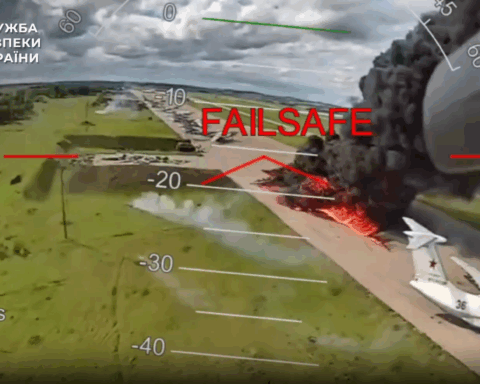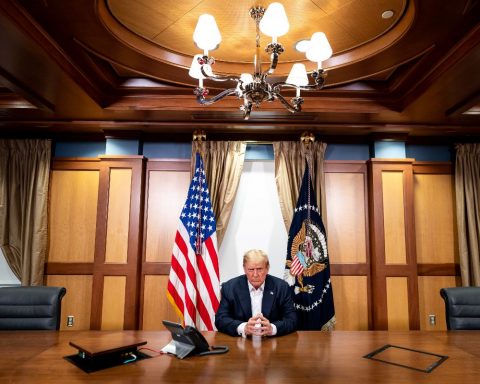Winning Moscow Expansion Entry Model
Entering a new market presents numerous challenges that are best overcome with the proper strategic approach. Common strategies include establishing an export base or licensing products to gain experience in a newly targeted country or region. Alternatively, a company may seek to leverage first-mover advantages that result from bold actions such as entering an alliance, making an acquisition or starting a new subsidiary. Perhaps the most common route is an agile approach that progresses from exporting to licensing and ultimately into a higher investment strategy, treating each step along the way as a benchmark with its own learning curve. Each approach has its own distinct advantages and disadvantages. So what is the best way to enter a new market?
In addition to the traditional approaches listed above, the Mosprom Center, an organization within the Moscow Department of Investment and Industrial Policy that provides individual support for Moscow’s industrial and agribusiness exports, presents a newly-developed expansion entry method. This method, which the Center developed in Moscow, promises to achieve effective market entry in just two steps.
The Mosprom advantage: Adept 7, a digital assessment model of export potential
The Mosprom Center introduces Adept 7, a digital assessment model of export potential. This two-phase modelis designed to evaluate the export potential of a specific commodity to the United States. A company’s export readiness is determined based on seven key factors: human resources, financial capabilities, adaptability of management model and infrastructure for foreign economic activity, environment, implementation capabilities, motivation, and objectives and product differentiation. The first stage assesses the general readiness of the company, in terms of its strengths and weaknesses, for export activity. While the second phase provides a framework for determining how successful the performance of an exporter’s particular product will be within the U.S. market.
“A company advances to the second phase of assessment – validation – only after successfully passing the first stage, during which consistent and systematic export activities are established. This approach works for both existing and novice exporters by solving two main issues: avoiding unnecessary financial costs and reducing the possibility of mistakes in the selection of foreign markets,” said Alexander Prokhorov, head of Moscow’s Department for Investment and Industrial Policy.
The specialists of the Mosprom Center help companies identify weakness in their strategic direction and determine proactive solutions for growth. In general, the Center’s approach allows both existing and new exporters to avoid unnecessary financial costs, as well as significantly reduce the rate of error when entering the U.S. market. In return, Moscow manufacturers are able to offer U.S. consumers necessary and valued goods.
Mosprom Center also serves as a source for other services for exporting enterprises: analytical studies, foreign economic activity consultations, and problem-solving for common issues in foreign markets.
“We develop entirely new solutions for exporters based on the experience of communicating with dozens of manufacturers and studying their problems and key cases. We are confident that any company can become an exporter, regardless of its degree of digitization. To effectively adopt our services, companies need only an electronic digital signature,” said Natalya Shuvalova, general director of the Mosprom Center.
Based on the most recent data, “Foreign buyers can now ‘visit’ about 30 different enterprises in Moscow using VR technology. It is quite laborious work, but such tours are really impressive,” she added.
Victoria Lein, CEO of Ensol, a Moscow-based developer of lithium-ion batteries for industrial equipment, supports such efforts. Mosprom helped her company with market analytics and product analysis. “Since our product is quite rare for industrial equipment and occupies a small market share, it is difficult to conduct analysis on our own. That’s where Mosprom stepped in. They are also very good at providing marketing support and event coverage. The Center helped our export activity to America receive coverage in interviews and at events.”






